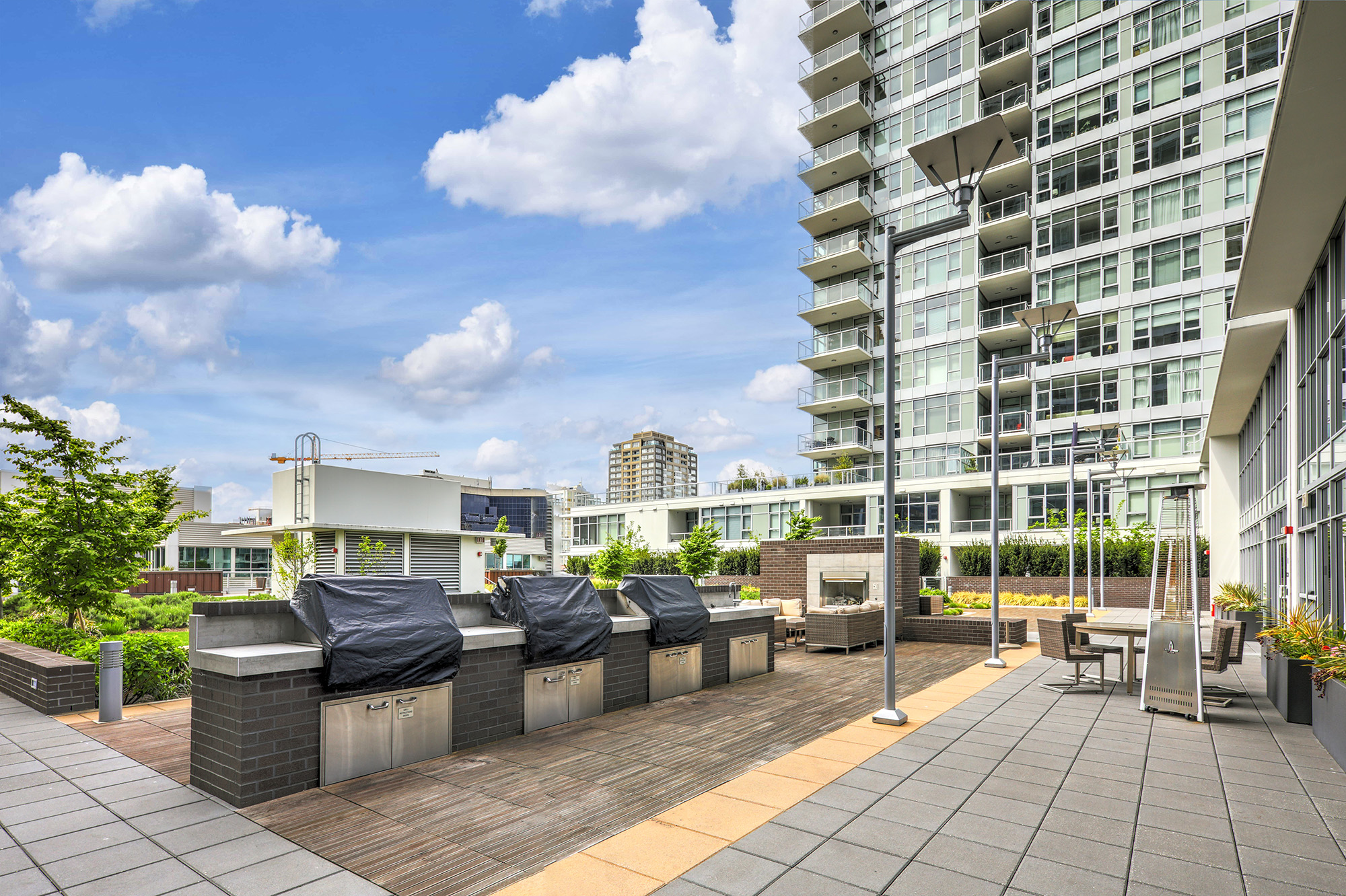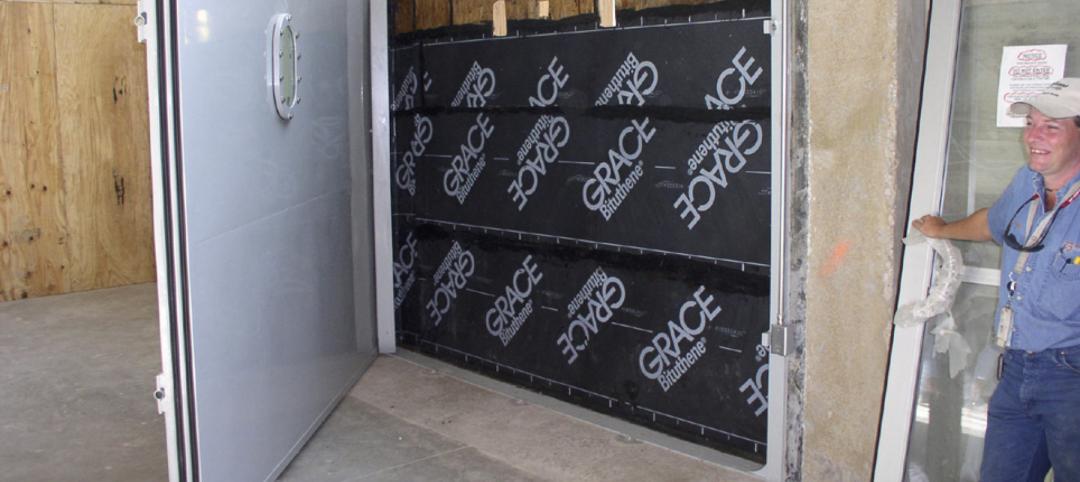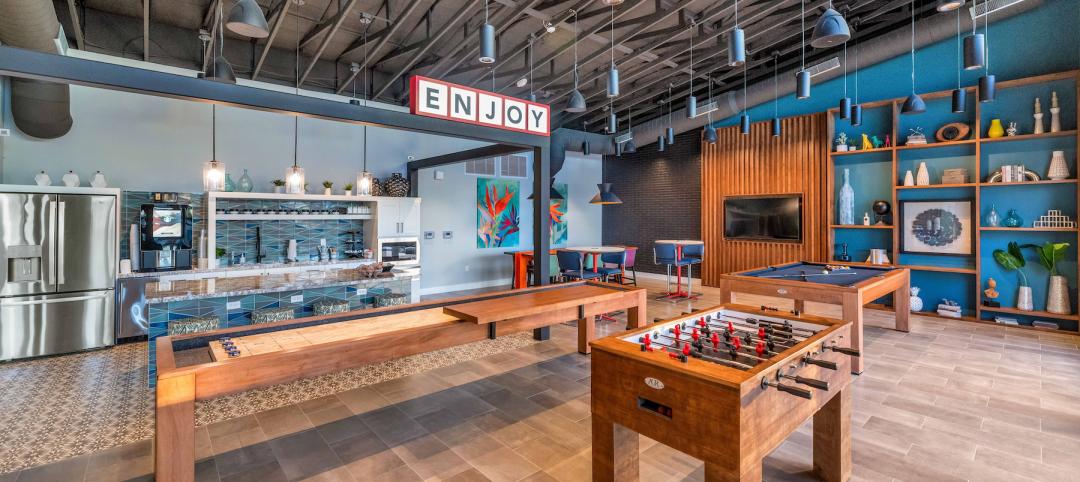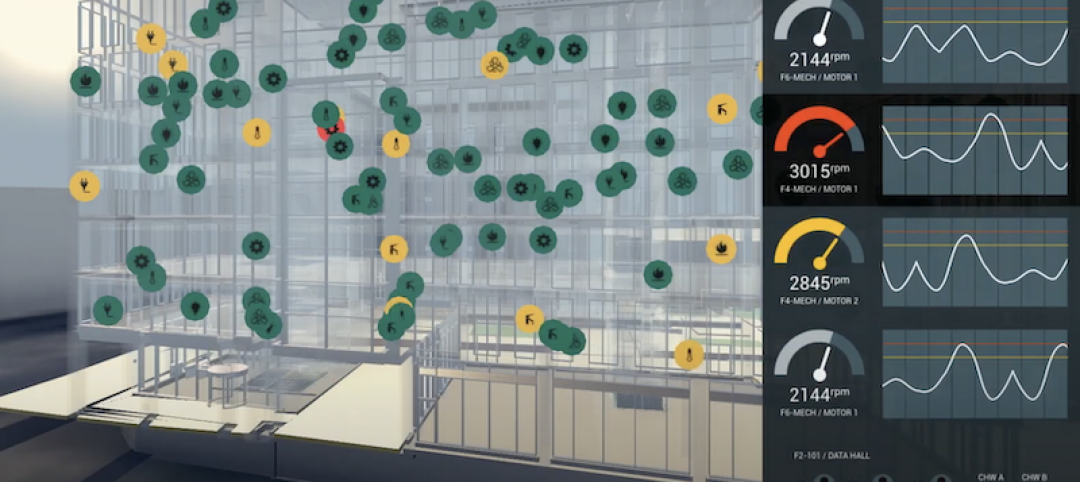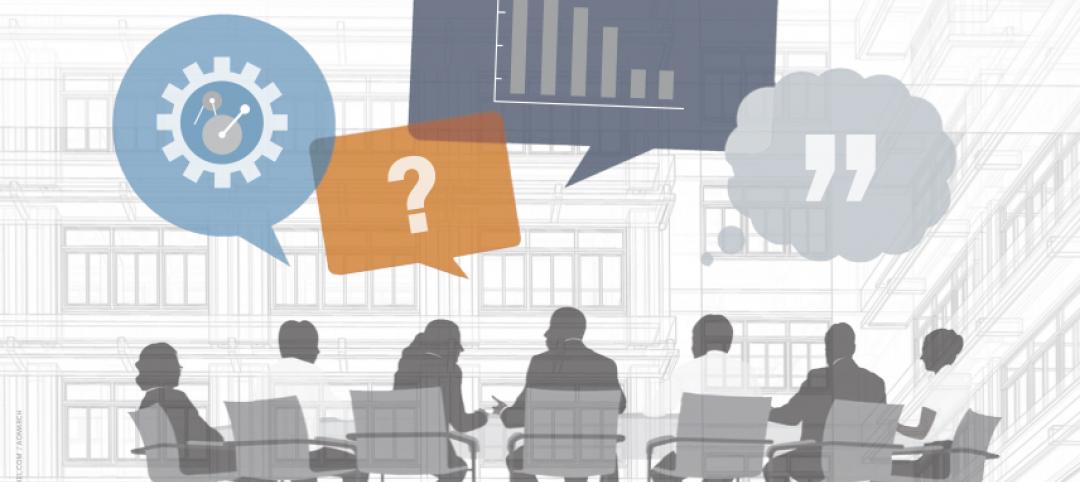Overall expenses per multifamily unit rose to $8,950, a 7.1% increase year-over-year (YOY) as of January 2024, according to an examination of more than 20,000 properties analyzed by Yardi Matrix.
According to the March 2024 Matrix Research Bulletin for Multifamily Expenses, expense growth for multifamily properties was led by property insurance (up 27.7% YOY), marketing (12.3%), administrative costs (9.6%), and repairs and maintenance (8.8%).
Driven by inflationary pressures, total expenses at multifamily properties have “increased rapidly” in the past two years, peaking at 8.7% in 2022, the report states. This is compared to the average annual expense growth of 4.9% in 2021, 1.6% in 2020, 3.6% in 2019, and 3.8% in 2018.
Multifamily Expenses Rising, Led by Insurance
Insurance costs per unit continue to rise, and have increased 129% nationally since 2018. The current property insurance costs per unit are now at an average of $636.
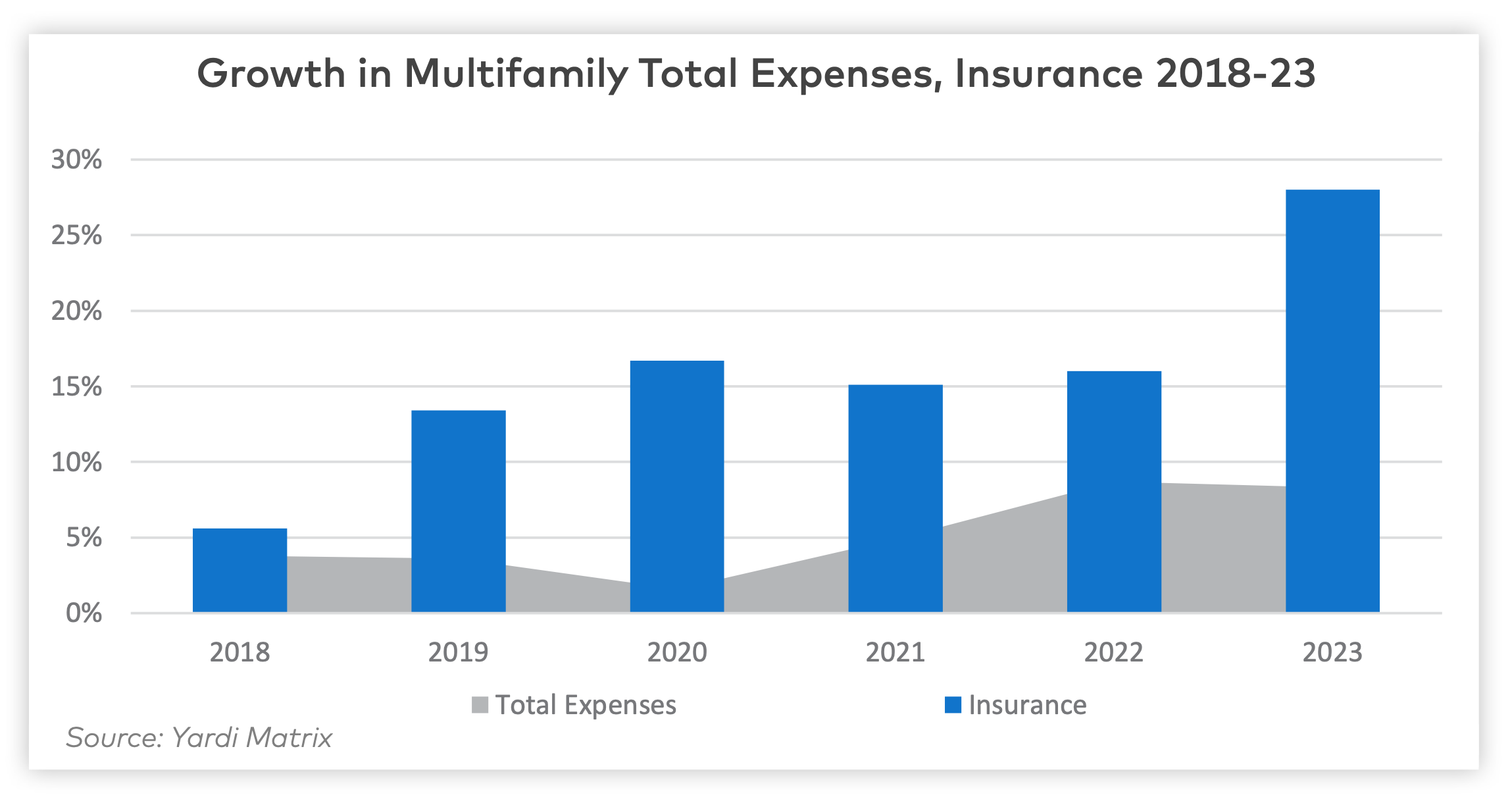
While property insurance makes up just 7% of total expenses for properties, it's becoming a growing concern especially in the Southeast and other regions prone to severe weather events. In these high-risk areas prone to hurricanes, floods, and fires, obtaining insurance is becoming increasingly difficult.
The study showed that multifamily properties were still profitable in 2023, despite rising expenses. This is because income growth outpaced expenses. On average, gross income per unit increased by $1,056 nationally, while expenses only grew by $593, resulting in a $463 increase in net operating income (NOI).
Yardi Matrix forecasts that asking rents will increase by 1.8% during 2024, and we can expect renewal rent growth will continue to decelerate.
Related Stories
Industry Research | Mar 2, 2022
31 percent of telehealth visits result in a physical office visit
With little choice but to adopt virtual care options due to pandemic restrictions and interactions, telehealth adoption soared as patients sought convenience and more efficient care options.
Codes and Standards | Mar 1, 2022
Engineering Business Sentiment study finds optimism despite growing economic concerns
The ACEC Research Institute found widespread optimism among engineering firm executives in its second quarterly Engineering Business Sentiment study.
Multifamily Housing | Sep 1, 2021
Top 10 outdoor amenities at multifamily housing developments for 2021
Fire pits, lounge areas, and covered parking are the most common outdoor amenities at multifamily housing developments, according to new research from Multifamily Design+Construction.
Industry Research | Aug 19, 2021
BD+C Market Intelligence Reports
Exclusive research, data, and trends reports from the editors of Building Design+Construction.
Resiliency | Aug 19, 2021
White paper outlines cost-effective flood protection approaches for building owners
A new white paper from Walter P Moore offers an in-depth review of the flood protection process and proven approaches.
Multifamily Housing | Jul 7, 2021
Make sure to get your multifamily amenities mix right
One of the hardest decisions multifamily developers and their design teams have to make is what mix of amenities they’re going to put into each project. A lot of squiggly factors go into that decision: the type of community, the geographic market, local recreation preferences, climate/weather conditions, physical parameters, and of course the budget. The permutations are mind-boggling.
Digital Twin | May 24, 2021
Digital twin’s value propositions for the built environment, explained
Ernst & Young’s white paper makes its cases for the technology’s myriad benefits.
Industry Research | May 20, 2021
Latest ULI report forecasts robust real estate rebound
It’s going to take some time, though, for the office sector to recover
Industry Research | Apr 9, 2021
BD+C exclusive research: What building owners want from AEC firms
BD+C’s first-ever owners’ survey finds them focused on improving buildings’ performance for higher investment returns.
Market Data | Feb 24, 2021
2021 won’t be a growth year for construction spending, says latest JLL forecast
Predicts second-half improvement toward normalization next year.



